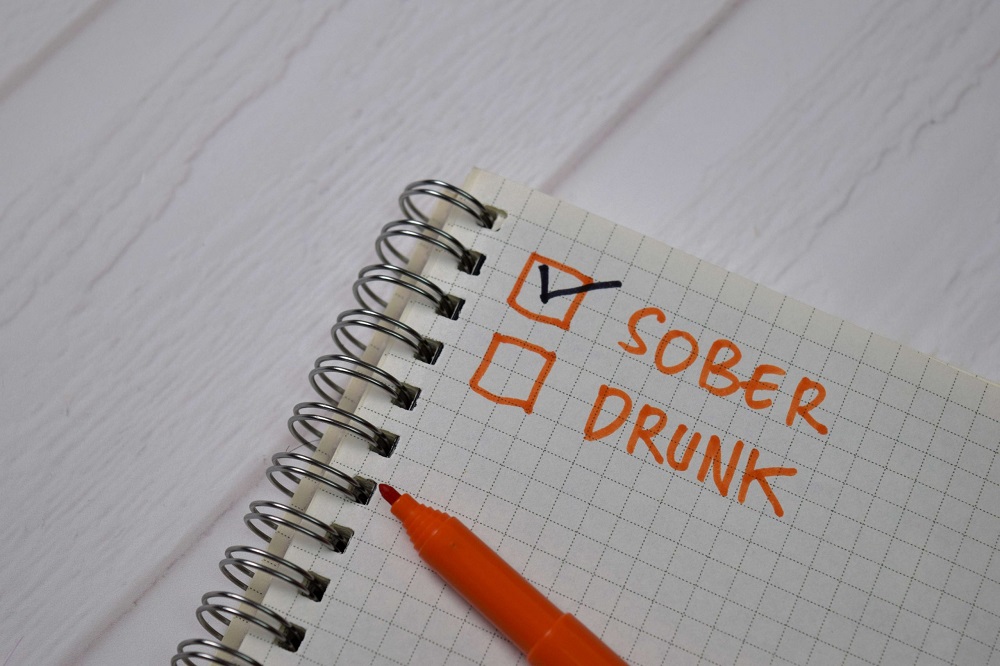That, right there, is the emotional landmine of living with a conflict-avoidant partner. We utilize an accessibility interface that allows persons with specificdisabilities to adjust the website’s UI (user interface) and design it to their personal needs. It can feel wildly intimidating to call out a fresh fling you just started dating or a coworker you don’t know all that well. Instead, try voicing your frustrations with people you feel close to, Sagaram recommends. When someone avoids tough conversations, patience and empathy matter most.
Steps

It can be a much less painful conversation if they follow your lead. Moreover, creating a safe environment for discussions is vital. When people feel secure, they’re more likely to engage openly and honestly.
Effective Conflict Resolution Strategies for Avoidant Partners
- When people are in the middle of a conflict, the words they use rarely convey the issues at the heart of the problem.
- It’s like opening a flow of ideas and emotions that can break down those avoidance walls.
- Here’s a guide to resolving issues and navigating these challenges.
- In either case, you may need help developing your emotional awareness.
- The other thing I think is really key is I go back always to Amy Edmondson or at Harvard Business Schools work around psychological safety.
Sometimes in life, you are going to have to ruffle some feathers and not give people precisely what they want. That doesn’t make you a bad person; you’re just a human with your own needs, boundaries, and feelings. It’s easy to think of conflict as something to fear, but it’s more helpful to see it as an opportunity.
- It also clears the deck of any lingering resentment or issues you haven’t had a chance to talk about.
- ” This conveys the message that what they say is so crucial you need to write it down to make sure you fully understand the problem.
- Stay calm and listen with curiosity to understand your partner while finding common ground.
More in Communication
Communication plays a pivotal role in managing conflict avoidance. When individuals shy away from uncomfortable conversations, it not only creates barriers in understanding but also perpetuates the cycle of avoidance. Imagine trying to build a bridge without any solid foundation—sounds tricky, right? That’s a bit like how conflict avoidance operates when communication is absent. Understanding the causes of conflict avoidance behavior is like peeling back the layers of an onion—it’s all about getting to the root of what makes us dodge confrontations! Many of us have felt that moment when our hearts race at the thought of a difficult conversation, but why does this happen?
- Whether you’re the avoider or dealing with one, remember that change is possible.
- BetterHelp is an online therapy service that matches you to licensed, accredited therapists who can help with depression, anxiety, relationships, and more.
- For example, statements like “You’re so rude” or “You’re being bossy” aren’t helpful.
- Starting the conversation with something as simple as, “Hey, can I bring up something that’s been bothering me?

Their nervous system practically short-circuits at the idea of confrontation, so they avoid it at all costs. So, how do you handle a conflict-avoidant partner without becoming the only one trying to fix everything? In this blog post, we’re going to break down why some people avoid conflict, how it affects your relationship, and what to do about it, whether you’re the avoider or the one trying to connect with one.
Resources
Sometimes, a little self-reflection can provide significant insight into the core issues in your relationship and even into some of your most fundamental fears in life. A 2021 study, for instance, analyzed same-sex relationships and how they managed conflict during the COVID-19 pandemic. The study found that people were more conflict avoidant during the pandemic, which led to lower levels of satisfaction in the relationship. In a committed romantic relationship, there are often challenges and conflicts you and your partner will face. The challenges occur because a relationship alcohol rehab consists of two individuals, each with their own goals, motives, and desires that don’t always align with one another. If your partner has a strong personality and you feel intimidated, try practicing this with a close friend or family member to build confidence.
Consider therapy
However, certain emotions like shame, fear, helplessness, and loneliness can feel quite debilitating. Naming them internally allows you to privately announce that you’re feeling dysregulated. Similarly, conflict doesn’t have to be a scary, negative experience. When navigated successfully, many people find that moving through conflict can help them problem-solve and feel closer how to deal with someone who avoids conflict afterward.
How you manage conflict in a relationship can impact family dynamics, happiness levels, and even your physical and mental well-being. Disagreements can cause significant stress, so it tends to be best to find ways to communicate with one another about the issue instead of letting a problem fester. Conflict doesn’t have to mean yelling, rejection, or disconnection. That’s why our programs are founded and staffed by people in recovery – people who truly understand. One of the hardest parts of knowing how to handle conflict is figuring out exactly what you want to communicate—and how to do it kindly.




